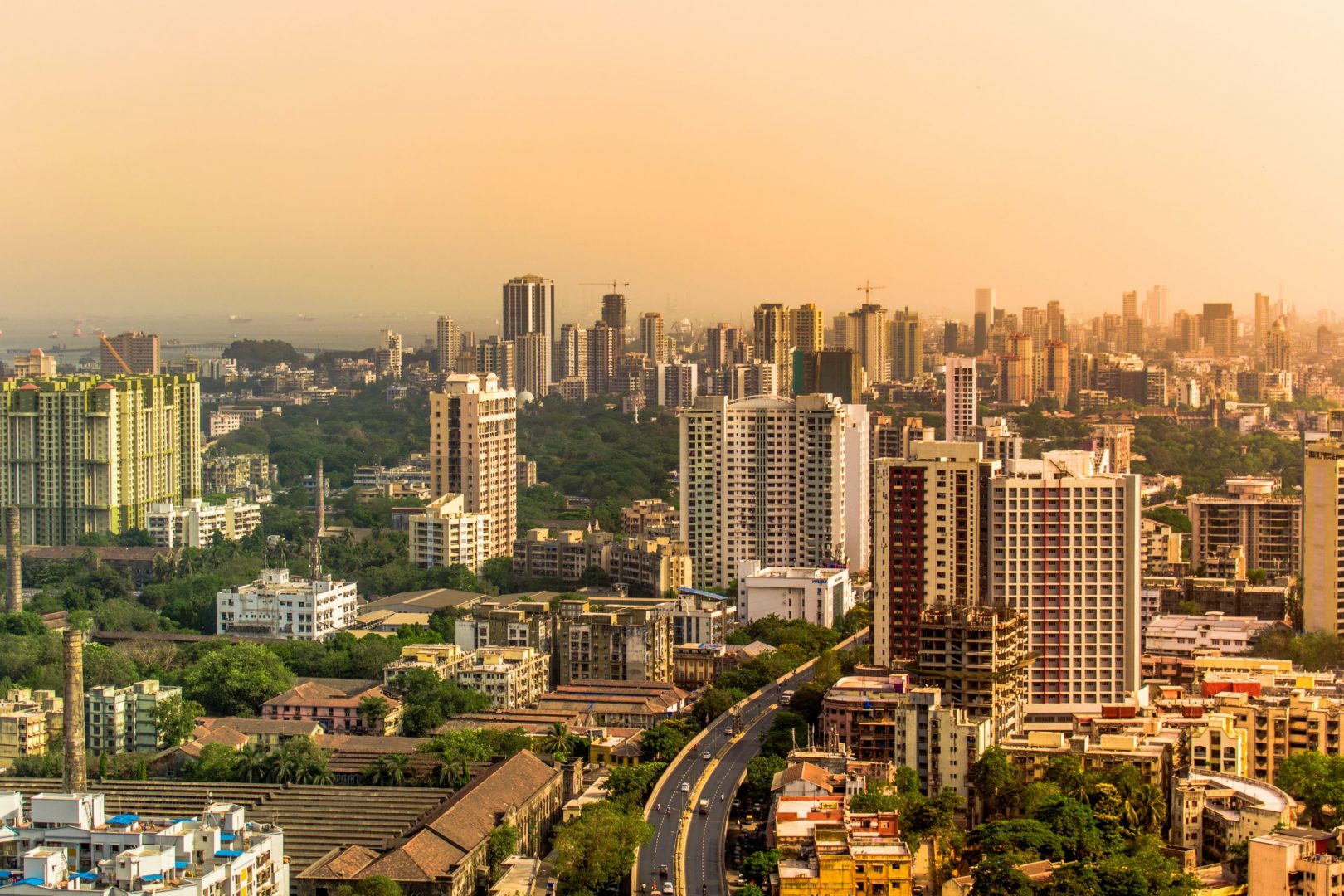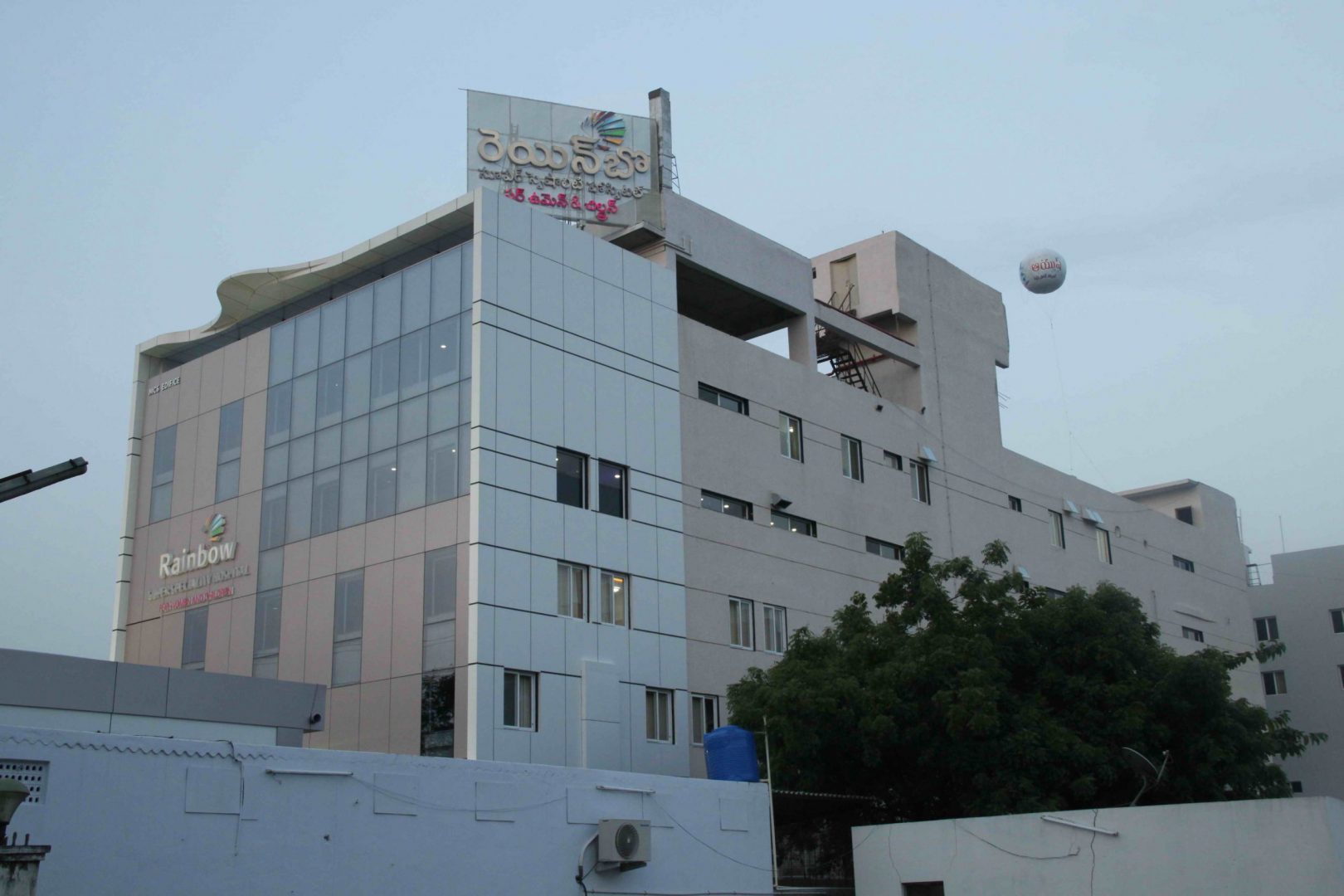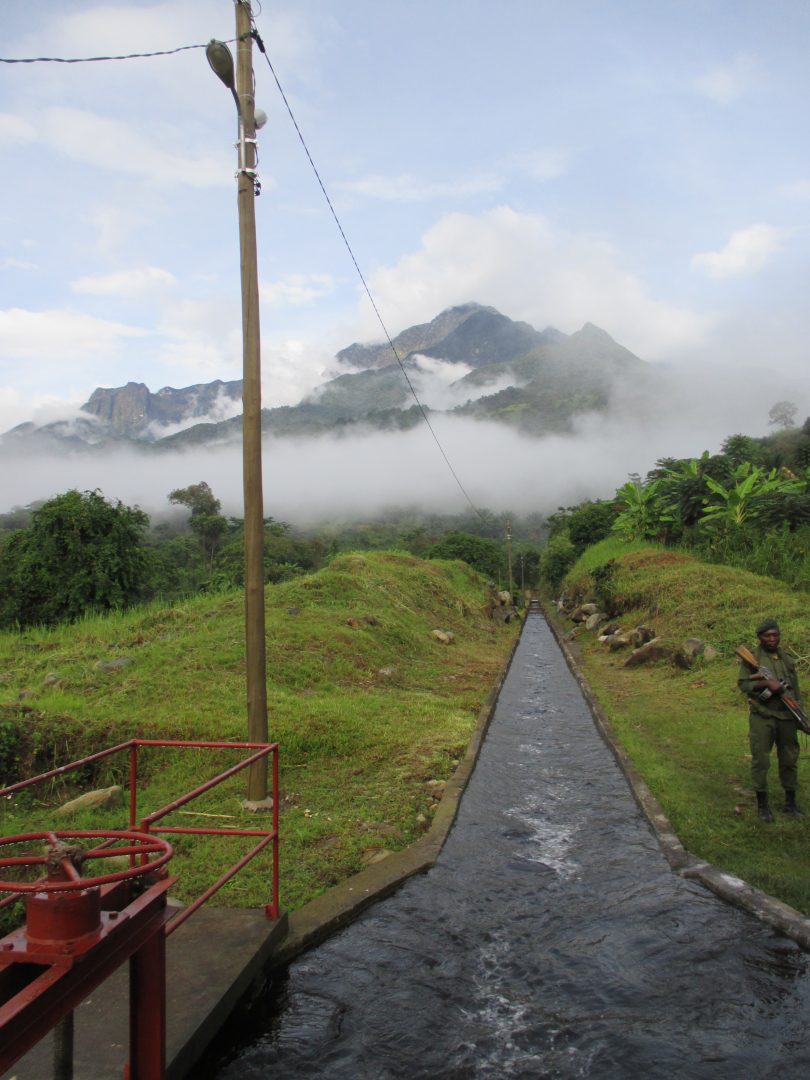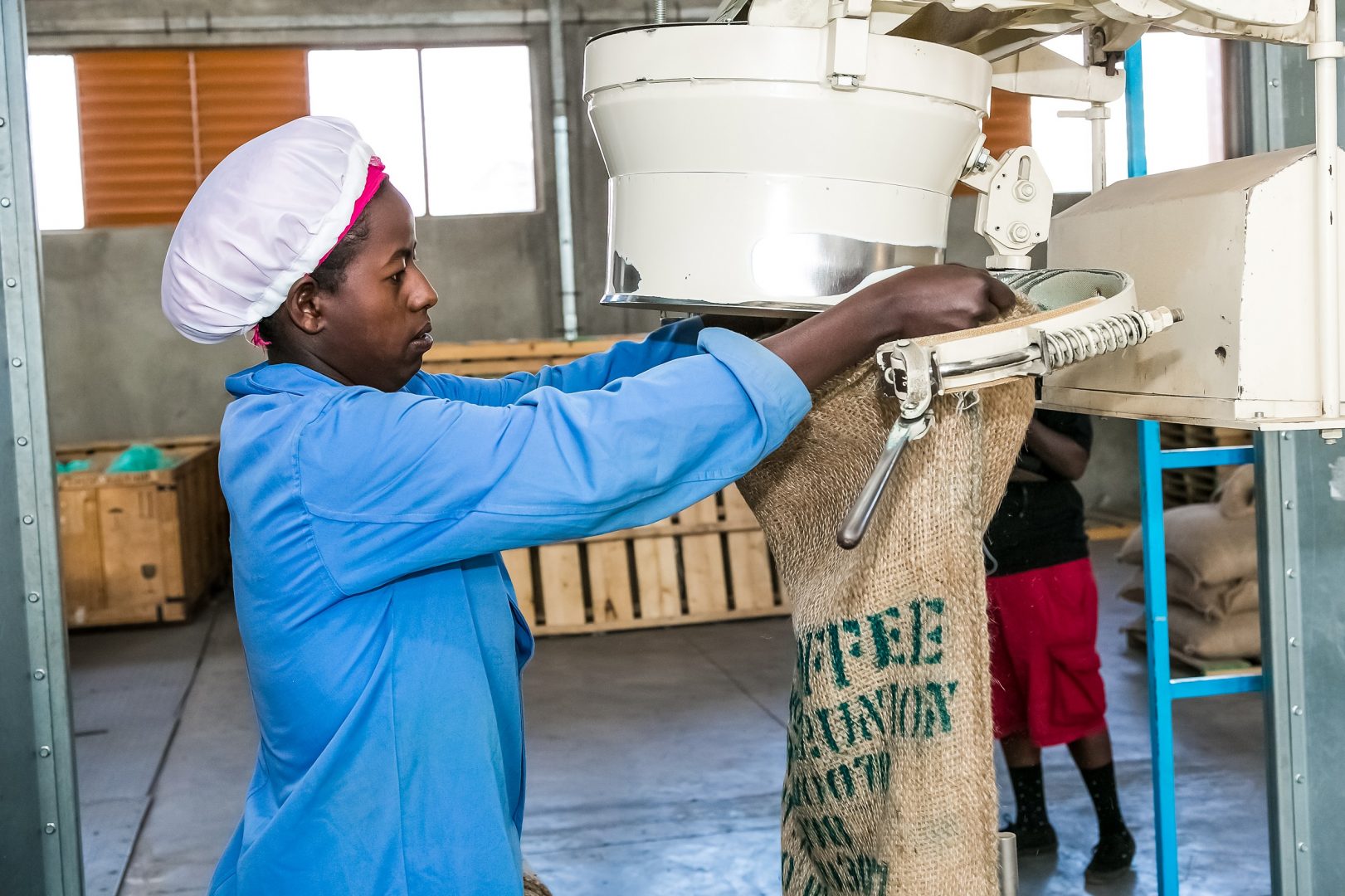Transport and logistics networks do the heavy lifting when it comes to economic development.
Efficient networks connect regions and facilitate trade, enable economies of scale and economic specialisation, and reduce the cost of goods and services for consumers. Freight must flow on the right mode of transport – rail for high-density and long-distance flows, and road for medium-distance and last-mile links – and be connected by logistics hubs to maximise the efficiency of the network.
This is how we worked with a logistics company in India to support economic development in the region and help it reach new customers. Press play to watch the video or scroll down to read the full written story.
Watch our short film on how we worked with Pristine Logistics.
The challenge
India’s logistics network is expensive and inefficient. Logistics costs the equivalent of 14 per cent of GDP (versus 8-10 per cent in advanced economies), and poor performance in the network leads to wastage equivalent to 4.3 per cent of GDP ($45bn). Much of this poor performance is driven by bottlenecks in India’s rail infrastructure, which has come about due to underinvestment and the dominance of government-owned entities which have been unable to drive process efficiency, cost reduction, and adherence to environmental and social (E&S) standards.
“Logistics is the most integral part of our business. Without it, we wouldn’t have this business.”
Rajendra Jalan, CEO of a leather exporting business in Kanpur, India.
The action
About Pristine Logistics
In 2015, we invested just over $24 million in Pristine Logistics, a transport logistics hub business that provides overland movement of goods for importers and exporters in India. Pristine has three operational locations, all in industrial inland cities: Kanpur, Ludhiana and Patna. At each of these sites, the company provides inland container depots and private freight terminals, enabling businesses to move their goods securely by road or rail.
We identified Pristine Logistics as a company capable of addressing the bottlenecks facing India’s rail infrastructure, by setting-up efficient loading, unloading and storage facilities for freight trains. We were attracted to Pristine because it offered both commercial and developmental returns.
The commercial opportunity existed because no commercial equity investors were willing to back a young challenger company in a sector that lacks investment.
From a development perspective, we saw an opportunity to invest in infrastructure that supports job creation both directly and by increasing access to markets, reducing costs, and improving the efficiency and ease of doing business.
To deliver on these opportunities, we had two objectives: to increase access to markets for importers and exporters, whilst simultaneously making it easier to move goods. And, secondly, to improve E&S standards across Pristine’s operations to increase service quality and differentiate Pristine from government-owned logistics companies.
How we worked with the company
Every time we make an investment we aim to add value to our investee by working with them to raise E&S standards. Doing so is not only beneficial for employees and the communities they operate in, but it also provides the company with new business opportunities – for example, through reducing costs, improving efficiency or building a brand’s reputation.
As part of our pre-investment process, we identified the potential for Pristine to make significant improvements to the way in which they analyse and manage environmental and social standards, especially health and safety considerations. Once we had invested, we set about creating the ‘road map’ for Pristine in order to incrementally improve their capacity and change their whole corporate approach.
As we started discussing E&S plans, the management team could see that achieving internationally recognised standards would help them reach some of the larger exporters in their regions. Many of these firms supply household brands, such as Marks and Spencer and Sainsbury’s, who all need their supply chains to be aligned with international good practice.
Our role was in ensuring Pristine had the support they needed to implement a new strategy and the resources to make sure it worked.
“Most of our customers require us to work with organisations which have ethical values, and work with a lot of emphasis on health and safety.”
V.K. Goyal, CEO of SEL Manufacturing, a textile company in Ludhiana, India and customer of Pristine
The results
“The moment we started understanding the benefits of environmental, social and governance standards, we adopted the approach wholeheartedly.”
Amit Kumar, Co-Founder, Pristine Logistics
In early 2018, having achieved our desired financial and development impact we exited our investment in the company.
Over the course of our involvement, the number of inland terminals operated by Pristine grew from one to three. The company’s revenue grew by around 400 per cent, while its operating profit (before interest tax and depreciation) increased by 900 per cent.
Pristine’s success is supporting economic development in the areas it operates in. For example, activity at its busiest location, at Kanpur in Uttar Pradesh, has seen as many as 25 shops being developed nearby. At one of Pristine’s other centres, in Ludhiana, Punjab, companies are thriving as a result of the services Pristine provides – one of its customers, a potato exporter, has doubled production because it is able to access refrigerated reefer containers for the first time.
The improvements in Pristine’s E&S performance have been profound. During our time we have helped the company develop from having very limited awareness, to becoming an organisation which today hold both ISO 14001 and OHSAS 18001 certification; the international benchmark for environmental management and health and safety performance respectively. This demonstration of international best practice has made Pristine into an attractive service provider for a number of export orientated customers, which has subsequently driven the increase in volumes and the underlying value of the company.












